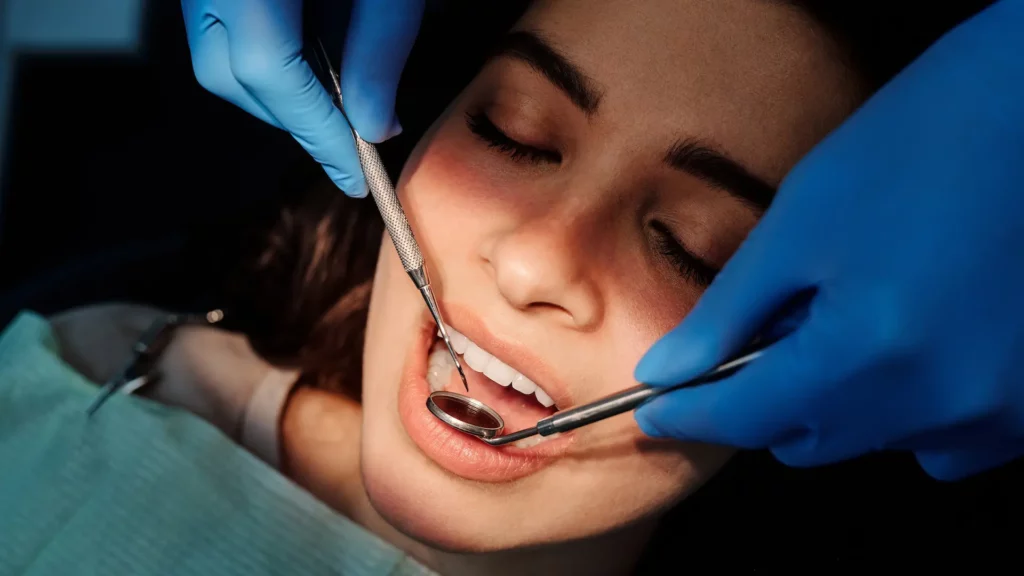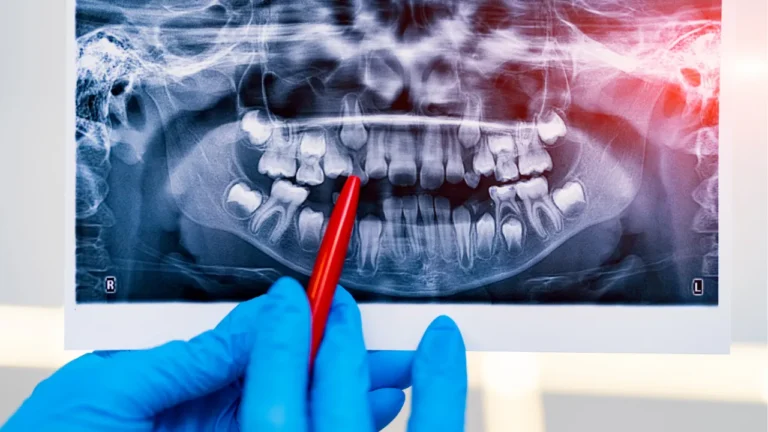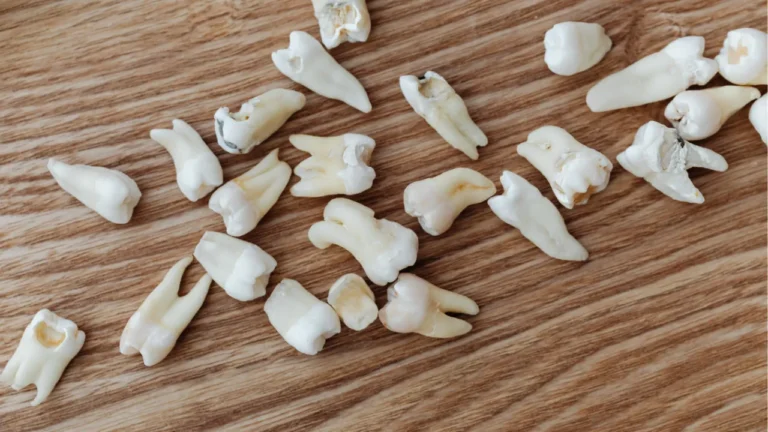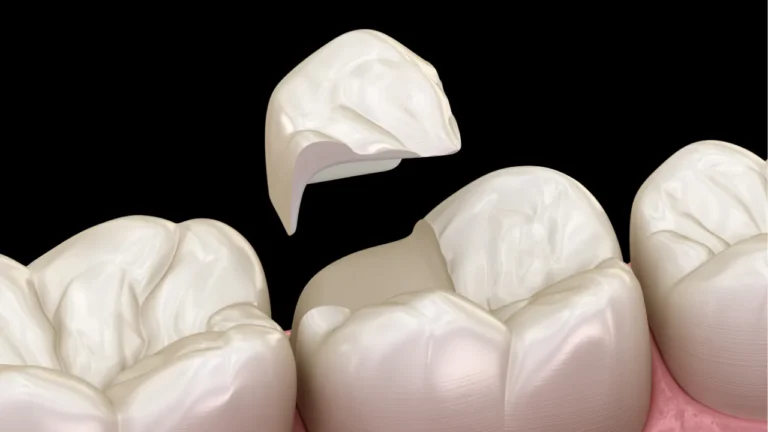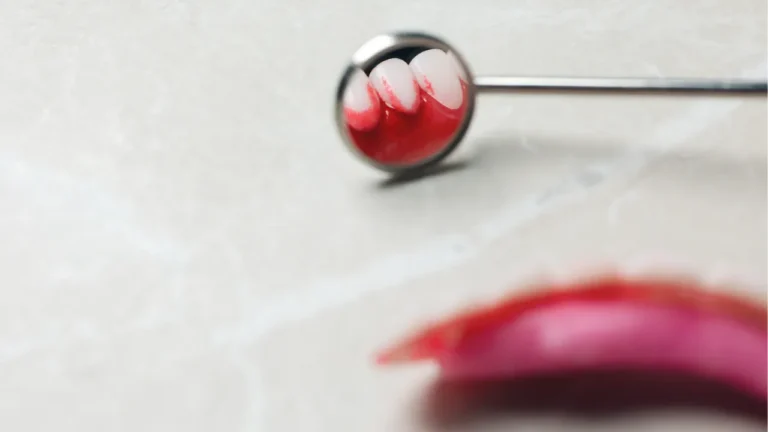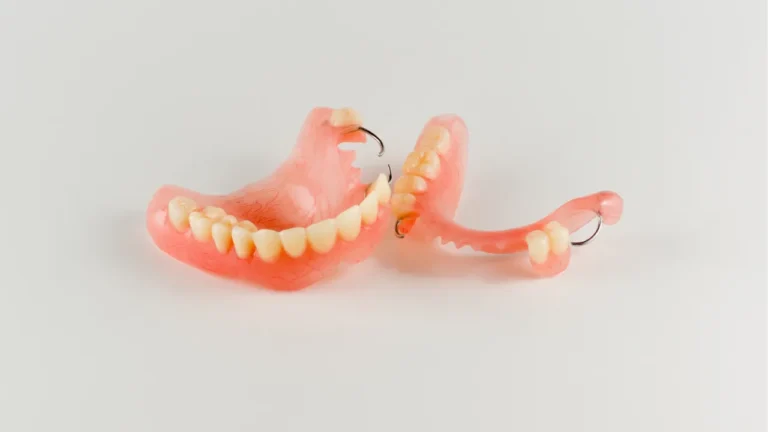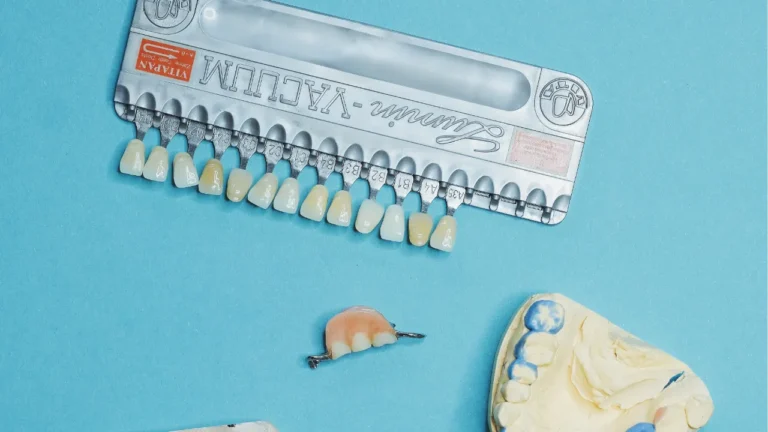It is generally recommended to have a dental cleaning every 6 months.
However, the actual frequency of dental cleanings can vary based on individual factors such as overall oral health, diet, oral hygiene habits, and personal risk factors for dental disease.
If you have a history of gum disease, cavities, or other oral health issues, your dentist may recommend more frequent cleanings.
On the other hand, if you have good oral health and practice good oral hygiene, you may be able to go longer between cleanings.
It is important to keep in mind that even if you practice good oral hygiene, dental plaque, and tartar can still build up over time and lead to issues like gum disease and tooth decay.
Regular dental cleanings are an important part of maintaining good oral health and preventing these problems from developing.
So it’s important to see your dentist regularly and follow their recommendations for how often you should have a dental cleaning.
The risks of avoiding dental cleanings
When we avoid dental cleanings, plaque and tartar buildup in our mouths can lead to a host of dental problems, including:
- Plaque buildup: Plaque is a sticky film of bacteria that can build up on our teeth and gums. If not removed, plaque can harden into tartar, which can only be removed by a dentist or dental hygienist.
- Cavities and gum disease: Plaque and tartar buildup can lead to cavities and gum disease, which can cause tooth loss and other serious health problems.
- Tooth loss: Advanced gum disease can cause teeth to become loose and eventually fall out.
- Bad breath: Plaque and tartar buildup can also lead to bad breath.
- Systemic health problems: Research has linked gum disease to several systemic health problems, including heart disease, stroke, and diabetes.
Factors that determine the frequency of dental cleanings
The frequency of dental cleanings can vary based on several factors, including:
- Overall oral health: People with good oral health may only need cleanings once or twice a year, while those with gum disease or other oral health problems may need more frequent appointments.
- Lifestyle and habits: Smoking, poor diet, and other lifestyle factors can affect the frequency of dental cleanings.
- Genetics: Some people may be more prone to plaque and tartar buildup due to their genetics.
- Medical history: People with a history of gum disease or other oral health problems may need more frequent cleanings.
Signs that it’s time for a dental cleaning
If you’re unsure if it’s time for a dental cleaning, look for the following signs:
- Bleeding gums: Healthy gums should not bleed when you brush or floss. If you’re experiencing bleeding gums, it may be a sign of gum disease and time for a cleaning.
- Sensitivity: Sensitivity in your teeth can be a sign of cavities or gum disease.
- Bad taste or odor in the mouth: Plaque and tartar buildup can cause a bad taste or odor in your mouth.
- Visible plaque or tartar: If you can see plaque or tartar on your teeth, it’s time for a cleaning.
What are the advantages of getting your teeth professionally cleaned more often?
Getting your teeth professionally cleaned more often than just twice a year can have several advantages:
- Reduced risk of tooth decay: Regular dental cleanings remove plaque and tartar buildup, which can help prevent tooth decay and cavities.
- Reduced risk of gum disease: Gum disease is a common problem that can lead to tooth loss. Regular cleanings help prevent the buildup of harmful bacteria that can cause gum disease.
- Fresher breath: A professional cleaning can help remove stubborn food particles and bacteria that can contribute to bad breath.
- Early detection of dental problems: During a dental cleaning, your dentist or dental hygienist can identify potential dental problems and provide early treatment before they become more serious.
- Improved overall health: There is evidence to suggest that poor oral health is linked to other health problems, such as heart disease and diabetes. By maintaining good oral health through regular cleanings, you may also be improving your overall health.
In general, getting your teeth professionally cleaned more often can help prevent dental problems and improve your overall oral health.
The frequency of recommended cleanings may vary based on your individual needs and risk factors, so it’s best to consult with your dentist to determine what is best for you.
Take away
It’s clear that regular dental cleanings are essential for maintaining good oral and overall health.
How often you need cleaning will depend on your individual factors, but the general recommendation is at least once every six months.
If you’re experiencing any signs of plaque or tartar buildup, sensitivity, bleeding gums, or bad taste or odour in your mouth, it’s time to schedule an appointment with your dentist.
Don’t hesitate to take care of your teeth and gums, as it will benefit your overall health in the long run.

